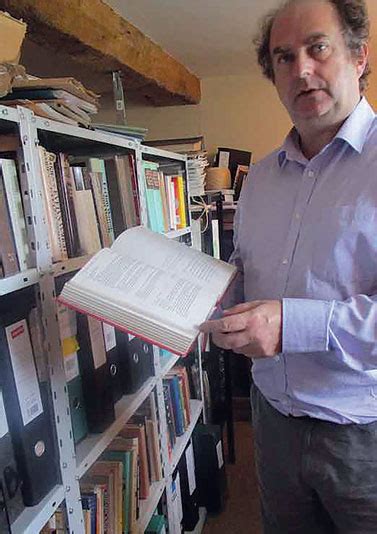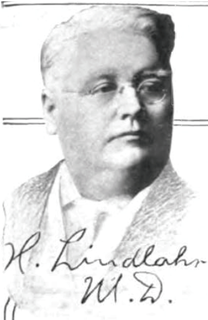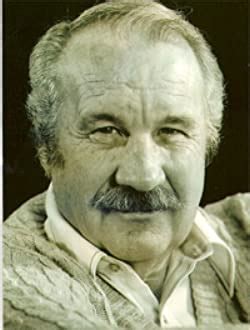A Quote by Siri Hustvedt
Although sometimes the morbid is also the transcendent, the transcendent cannot be reduced to the morbid.
Related Quotes
In the Old Testament, the God of the Prophets never was completely on Israel's side. There was a primitive national religion, but it was always a transcendent God who had judgment first in the House of God. This is the true religion. It has a sense of a transcendent majesty and a transcendent meaning so that that puts myself and the foe under the same judgment.
The morbid states of health, the irritableness of disposition arising from unstrung nerves, the impatience, the crossness, the fault-finding of men, who, full of morbid influences, are unhappy themselves, and throw the cloud of their troubles like a dark shadow upon others, teach us what eminent duty there is in health.
Don't accuse me of being morbid when I'm merely the product of a culture that buries the bones of the ones they love in pretty, manicured flower gardens so they can keep them nearby and go talk to them whenever they feel troubled or depressed. That's morbid. Not to mention bizarre. Dogs bury bones, too.
Bob Dylan seems to me a totally pernicious influence - the nasal whine of death and masochism. Certainly, this would be a more cheerful world if there were no Dylan records in it. But Dylan and his audience mirror each other, and deserve each other; as Marx said, a morbid society creates its own morbid grave-diggers.
There seems to be something poetically that doesn't work or is limiting when you call God 'God' in a poem. When I tried to be honest with myself in my relationship with God, Christ is, on the one hand, completely dark, he's transcendent and unknown. On the other hand, he is completely imminent and completely knowable as Jesus. Our tradition speaks of him in both ways as transcendent but also as a lover who comes to us, and the two word 'Dark One' seem to me to contain both things, the transcendence and otherness of Christ, but also like a kind of dark lover who comes to us.
In affirming God to be supreme in all things, the classical theist describes him in a number of ways. He is perfect, loving, good, infinite, omnipotent, omniscient, eternal, timeless, transcendent, personal, immutable and immanent. But how can this be? Is it really possible to be both eternal and timeless? Immutable and immanent? Personal and at the same time transcendent?
The Christian is more than an empty vessel. He has...Someone within. We have a treasure in the earthen vessel, and not only a treasure - a transcendent power! That is humanity as God intended it to be. The vessel is not much in itself, but it holds an inestimable treasure, beyond price, and a transcendent power, greater than any other power known to men.






































